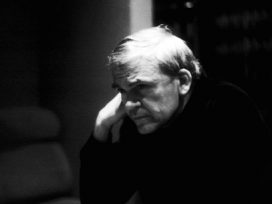Political mobilization and the world system
The case of Ukraine and Russia
In an interview conducted before Euromaidan commenced, Don Kalb discusses the future of capitalism in eastern Europe. Given the rise of China and India, and economic stagnation in the West, Kalb emphasizes the importance of political mobilization in both Ukraine and Russia.

